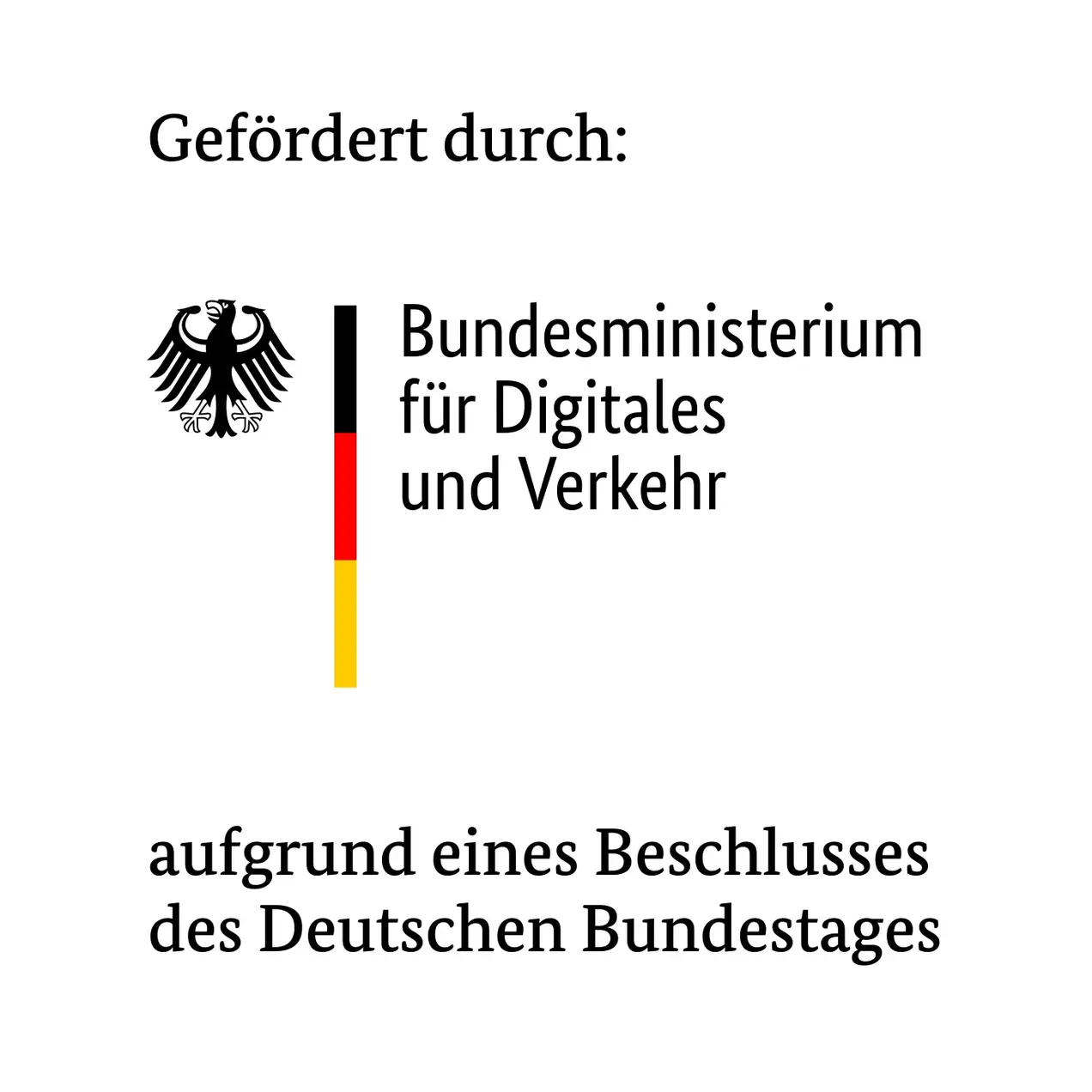In times of climate change and labor shortages, companies are looking for solutions to meet these challenges and position themselves for the future. Carpooling platforms for employees are a promising measure in the context of company mobility management (BMM). The airport operating company Fraport AG is currently testing a new platform for its employees at Frankfurt Airport, which is being scientifically supported by researchers from Hochschule RheinMain (HSRM) and Bielefeld University of Applied Sciences. The project is being funded by the Federal Ministry for Digital and Transport with around 285,000 euros.
"Carpooling platforms promote the formation of carpools, which helps to increase employee satisfaction and loyalty while also reducing traffic-related CO₂ emissions. However, a scientific quantification of these expected positive effects based on an actually implemented platform has been lacking to date," explains Prof. Dr. Barbara Seegebarth, who conducts research at the "RheinMain Institute for Transformative Sciences in Mobility and Logistics" (RITMO) research center at the higher education institution. The SMILE funding project(scalinga digital ride-sharingplatformto increase employee satisfaction and reduce emissions) is now evaluating a digital ride-sharing platform in the Frankfurt Airport ecosystem. Scaling options, i.e. an expansion of the platform beyond the Frankfurt Airport site, are also being analyzed.
Operational mobility management as part of the Group strategy
In 2019, an internal employee survey conducted by Fraport AG revealed that 56% of members of staff travel to work alone by car, while only 13% carpool (Fraport Barometer 2019). "The figures show a need for action to reduce traffic-related CO₂ emissions in commuter traffic through company mobility management and at the same time increase employee satisfaction and loyalty. SMILE thus not only addresses a socially relevant issue, but also fits in with the new Fraport.2030 Group strategy, which explicitly names the strategic priorities 'Growth & Sustainability' and 'Top Employer'," says Carolin Lotko, Project Manager Carpooling Platform, Human Resources faculty at Fraport AG. Further surveys conducted by the airport operator show that employees want to become more involved in corporate climate and environmental protection. The carpooling platform offers a concrete opportunity to actively participate in reducing emissions that are harmful to the climate and the environment.
Savings of up to 6.5 percent
The SMILE project builds on Fraport AG's preliminary project "Carpooling platform". "Based on our surveys, the potential effects of the carpooling platform can be projected in various forms. According to a forecast by Fraport AG, the number of trips per day could be reduced by 6.5 percent in the best-case scenario if 522 members of staff were to use the platform. The number of kilometers driven per day would be reduced by 12,400, CO₂ emissions by 1,724 kg and costs by 3,720 euros," says Prof. Dr. Seegebarth. The goal is to analyze what drives the acceptance of the platform and how its use can be intensified. The findings should both support the needs-based configuration of the platform and ensure scaling to other companies located at the airport. Gamification elements and features for first-time and existing users and their impact will also be identified. The impact of personal and environmental variables will also be investigated. "The combined goal of both perspectives is to understand the behavior of new and existing users and to develop incentive mechanisms," says Prof. Dr. Tobias Heußler, who also works at the RITMO research center at RheinMain University of Applied Sciences.
Usage analysis: What supports sustainable operation?
The scientists are also focusing on the community effect and thus the establishment of sustainable car pools. They will also analyze how changing user behaviors and motives over time contribute to the establishment of carpooling platforms. The existing carpooling platform is to be adapted to the needs of the acceptance studies in terms of functionality and user-friendliness. "Through this systematic approach, we want to increase the chances of the platform operating successfully and sustainably in the long term," says Prof. Dr. Seegebarth. "Studies show that sustainable operation often fails due to long-term user acceptance. The tested platform in the form of an economically viable operator model will be available in the long term at Fraport AG with around 8,000 employees and in the Group companies at Frankfurt Airport with a total of just over 17,000 employees," adds Prof. Dr. Seegebarth.
In the future, the platform will also offer the possibility of combining environmentally friendly means of transportation such as bus, train or bicycle with carpooling. "A carpooling platform that takes individual commuting needs into account can be a signal of appreciation and care from the employer. It can also promote networking by facilitating contact between members of staff from different divisions and hierarchical levels. Such 'soft' location qualities such as accessibility and employee loyalty through individual offers contribute significantly to the attractiveness of the company as an employer," says Prof. Dr. Heußler.
Transfer beyond Frankfurt Airport
As one of the largest local workplaces in Germany, with around 80,000 employees in almost 500 companies, Frankfurt Airport represents the ideal environment for local scaling. Preparations are therefore also being made for the cross-company integration of the digital ride-sharing platform into the Frankfurt Airport ecosystem. As part of the project, the transfer to other business complexes and geographical industry clusters will also be investigated. The project thus has both a major integration character and a major multiplier effect. The researchers also want to develop generally applicable design recommendations for companies interested in implementing and scaling carpooling platforms.

